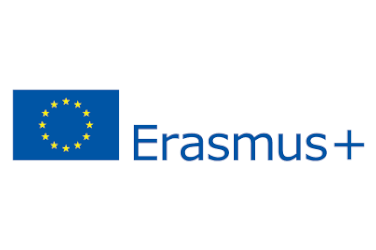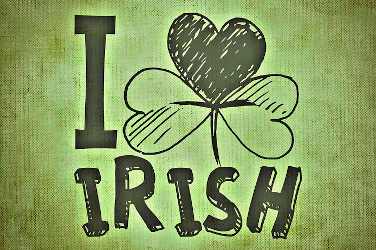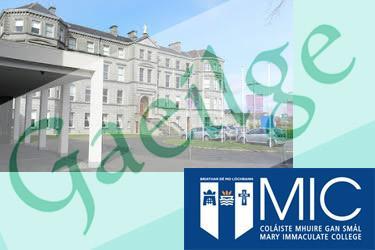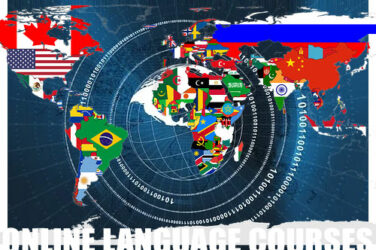What is Erasmus Plus?

The Erasmus Programme (EuRopean Community Action Scheme for the Mobility of University Students) is a European Union student exchange programme established in 1987. Erasmus Plus, is the new programme combining all the EU’s current schemes for education, training, youth and sport. The scheme provides funding for a wide range of actions including the opportunity for students to undertake work placements abroad and for teachers and education staff to attend training courses.
Erasmus+ provides a unique opportunity for teachers, headmasters, trainers and other staff of education institutions to participate in international training courses in different European countries.
Erasmus+ funding is available to all sectors (or fields) of formal, informal and non-formal education. Structurally, Erasmus+ is divided into three ‘Key Actions’ describing the kind of project activities possible.
What are the programme objectives?
Erasmus+ aims to modernise and improve the quality of teaching, training and youth work across Europe, and to support the development, transfer and implementation of innovative practices. These objectives are closely tied with the Europe 2020 strategy of achieving a smart, sustainable and inclusive economy by 2020 for all of Europe’s citizens. Fundamental goals for Erasmus+ include improving key competences and skills, and fostering partnerships between education and employment. The programme also seeks to promote European values as stated in Article 2 of the Treaty on European Union: respect for human dignity, freedom, democracy, equality, the rule of law and respect for human rights.
Who can participate?
Erasmus+ is open to private or public organisations active in the fields of adult education, higher education, school education, sport, vocational education and training, and youth and community work, in any participating country. While the programme enables individuals to travel, work, volunteer and study abroad, project applications from individuals themselves are not accepted. However, individuals may apply to attend Transnational Cooperation Activities with the support of their organisations.
Management and Structure
Management of the programme is divided between the Directorate General for Education and Culture (DGEAC) of the European Commission, and National Agencies in the participating countries. Léargas (www.leargas.ie) is the Irish National Agency for Erasmus+ in the adult education, school education, vocational education and training, and youth fields. For third level higher level education Erasmus+ is dealt with by the HEA (Higher Education Authority) (www.hea.ie).
More about Erasmus+ at https://www.leargas.ie




